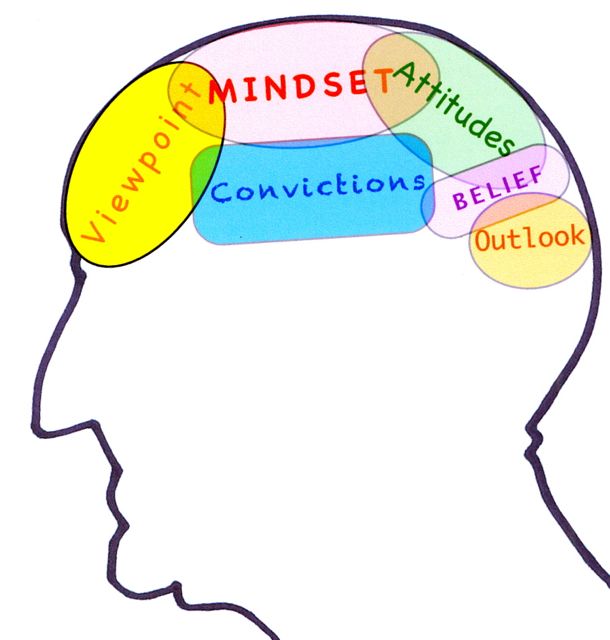Atopic Eczema and Attitude in the Elderly: 2

- Age stereotypes
At all ages the personal experience of chronic atopic eczema can lead to passive pessimism, a mindset that may need taking into account if The Combined Approach is going to be successful. Atopic eczema in the elderly has the added challenge of what psychologists call “age stereotypes”: beliefs that we all have about what it means to get old. Research shows that seniors who have a positive outlook on aging are healthier, and recover more quickly from illness. That’s the good news. The bad news is that a negative attitude to old age is associated with less willingness to seek and accept help, slower recovery from illness and greater degrees of disability.
- Explaining chronic atopic eczema
Age is certainly not a barrier to appreciating the role that repetitive mechanical damage to the skin through habitual scratching has in causing both lichenification, and resistance to successful topical treatment. Indeed “if you scratch that itch, you’ll stop the healing” is advice that many remember being given when young by a wise elderly relative.
- Change in habitual behaviour and the elderly
The elderly with longstanding atopic eczema may be aware that their scratching behaviour has become an established habit. This should be the starting point for a discussion about how habits are formed, and how they can be effectively tackled, at any age. Resistance to change, as well as a willingness to try something new, may be more related to personality factors, than to age itself.
- Attitude and motivation
As with younger adults and older children it is useful to review the Quality of Life effects of having chronic atopic eczema when introducing The Combined Approach to an affected elderly person. Anticipating the consequences of treatment success encourages the necessary commitment to the short but necessary treatment programme.
